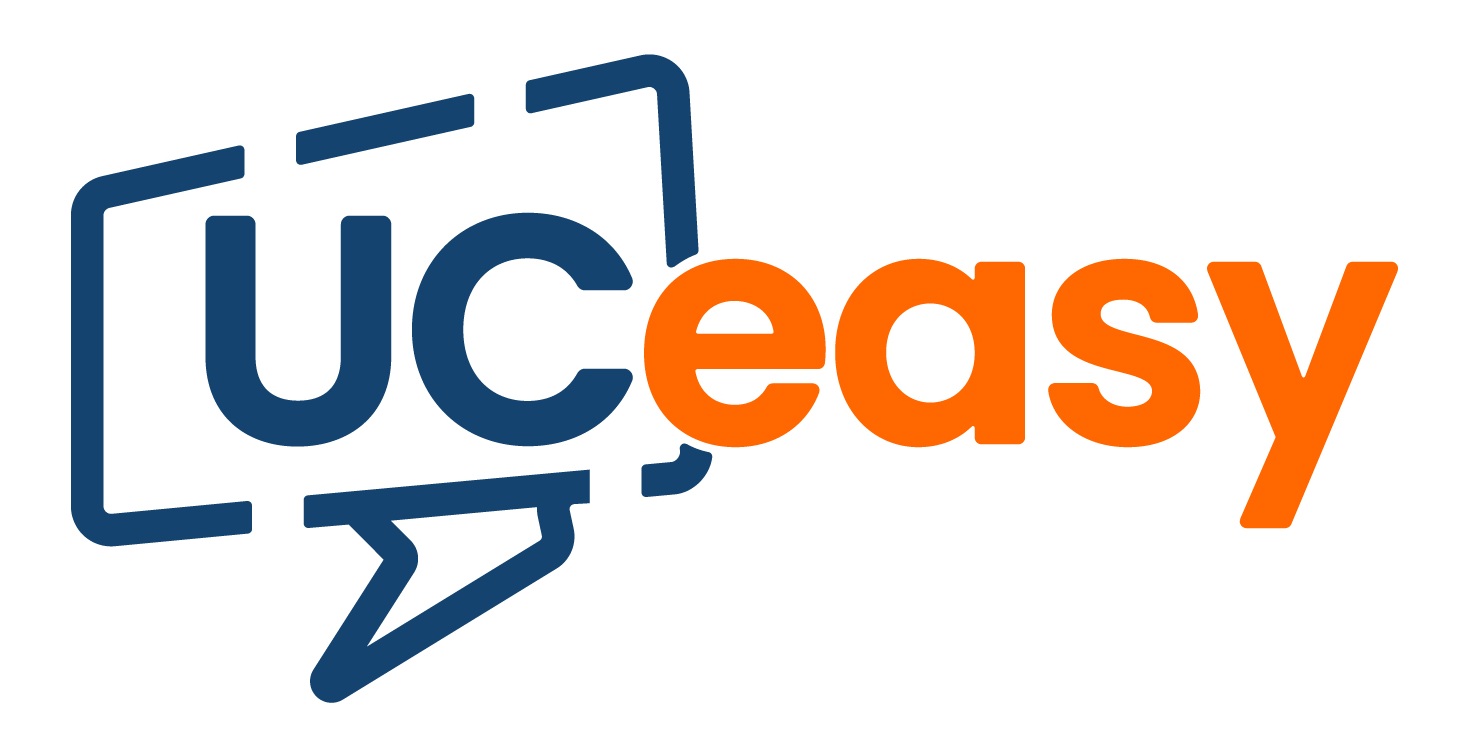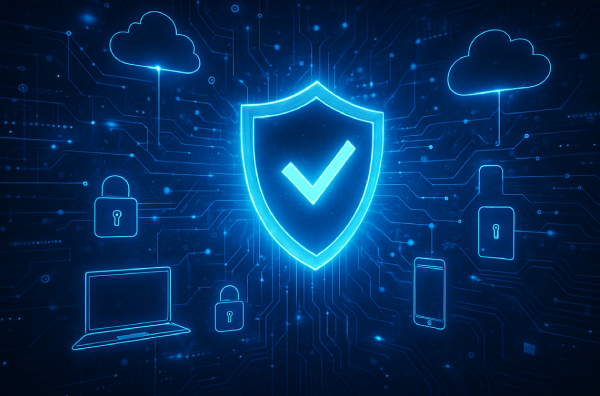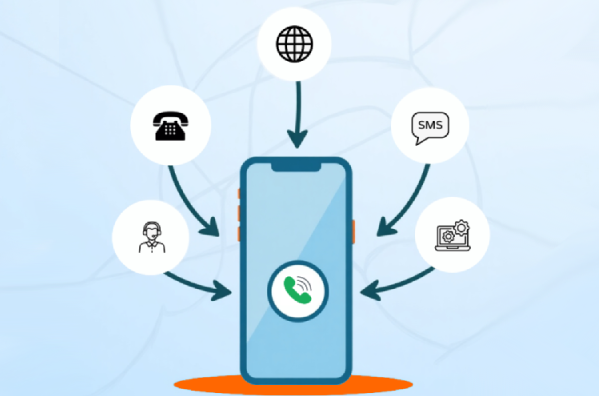Is Your Remote Team Secure? Fortifying Your Cloud Telephony Against Cyber Threats
The shift to remote and hybrid work has transformed how Canadian businesses operate, offering unprecedented flexibility. Cloud telephony and Unified Communications as a Service (UCaaS) are the engines powering this new era of connectivity. But with this freedom comes a critical responsibility: securing your communication channels.
As teams connect from home offices, co-working spaces, and public Wi-Fi networks, they create new entry points for cyber threats. A recent IBM report revealed that remote work increased the average cost of a data breach by over $137,000. For businesses that rely on VoIP and UCaaS, protecting your communication infrastructure is not just an IT issue—it’s a core business necessity.
So, how can you ensure your remote team’s communications are secure? Here are the essential strategies to fortify your cloud telephony system.
- Make Multi-Factor Authentication (MFA) Mandatory
Passwords alone are no longer enough. Weak or stolen credentials are one of the most common ways attackers gain unauthorized access. Multi-Factor Authentication (MFA) adds a crucial second layer of security by requiring users to verify their identity through another method, such as a code sent to their smartphone or a biometric scan. By enforcing MFA across your UCaaS platform, you significantly reduce the risk of unauthorized access, even if a password is compromised.
- Encrypt Everything: Voice, Video, and Data
Encryption is the bedrock of secure communication. It scrambles your data, making it unreadable to anyone who might intercept it. Ensure your cloud telephony provider offers end-to-end encryption (E2EE) for all communications, including calls, messages, and file sharing. E2EE ensures that only the sender and the intended recipient can access the information, not even the service provider can decipher the data. Additionally, using protocols like Secure Real-time Transport Protocol (SRTP) for voice data and Transport Layer Security (TLS) for signaling is fundamental.
- Establish a “Zero Trust” Approach with Access Control
In a remote work model, you can no longer trust a connection just because it appears to come from within your network. A “Zero Trust” security model authenticates every user and device individually before granting access. Implement Role-Based Access Control (RBAC) to ensure employees can only access the features and data relevant to their jobs. This principle of least privilege minimizes the potential damage from a compromised account by limiting what an intruder can access.
- Secure All Endpoints
Every device your team uses to connect to your network—laptops, smartphones, tablets—is an “endpoint,” and each one is a potential vulnerability. This is especially true in a Bring Your Own Device (BYOD) environment. Mandate the use of endpoint security measures like antivirus software, firewalls, and regular software updates on all devices accessing your communication platform. Endpoint Detection and Response (EDR) tools can also help identify and neutralize threats before they spread.
- Mandate the Use of Virtual Private Networks (VPNs)
When employees work from home or use public Wi-Fi, their internet connection may not be secure. A Virtual Private Network (VPN) creates a secure, encrypted tunnel between the user’s device and your company network. This protects data from being intercepted on unsecured networks and hides the user’s IP address, adding another layer of privacy and security. For even greater security, an “Always On VPN” can ensure that remote workers are constantly connected through a secure channel.
- Train Your Team to Be Your First Line of Defense
Technology can only do so much. Your employees are a critical part of your security posture. Regular security awareness training is essential to empower your team to recognize and respond to threats. Training should cover how to identify phishing and vishing (voice phishing) attempts, the importance of strong password hygiene, and the risks of using unsecured public Wi-Fi. A well-informed team is one of your best defenses against cyberattacks.
Your Partner in Secure Communications
In today’s distributed workforce, securing your cloud telephony system is non-negotiable. It protects your sensitive data, ensures business continuity, and builds trust with your clients. By implementing these layered security strategies, you can empower your team to work productively from anywhere, with confidence.
At UCeasy, we provide secure, reliable cloud communication solutions designed for the modern Canadian business. To learn more about how we can help you fortify your remote team’s communications, contact us today.
Share This Story, Choose Your Platform!
Let’s Make Things Happen
Join the UCeasy revolution today. Simplify your services. Grow your business. Make Unified Communications easy!
As a UCeasy reseller, you’ll enjoy a streamlined onboarding experience that quickly prepares you to sell our solutions. This comprehensive process covers essential areas like quoting, billing, technical support, branding, and effective sales techniques.



